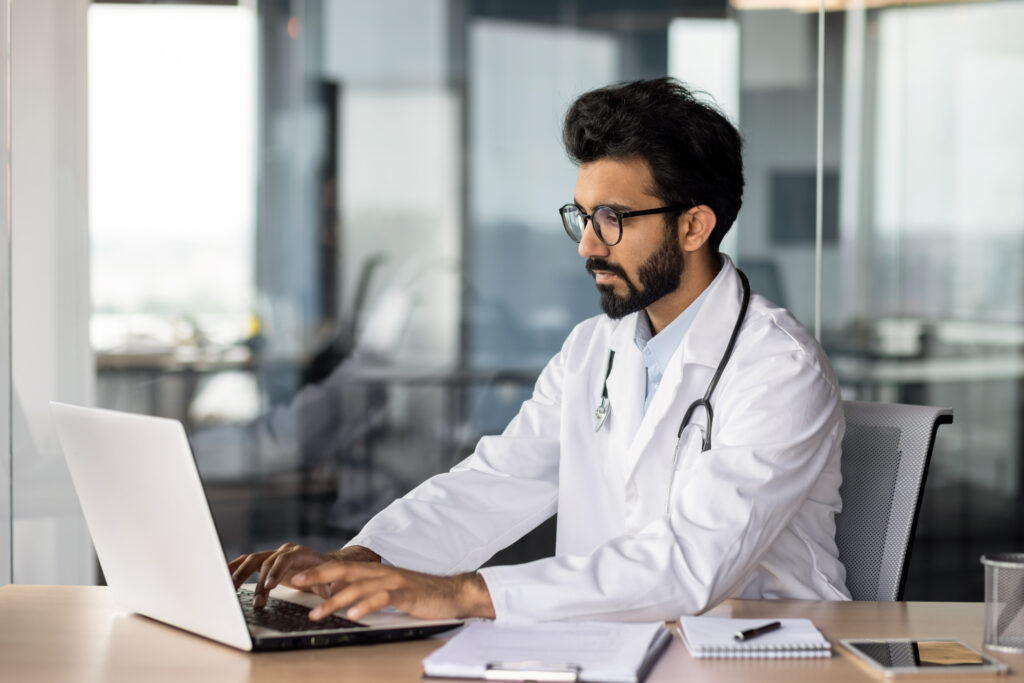Monday, February 23, 2026
Honoring Excellence in Hematology: Meet the 2026 EHA Award Winners
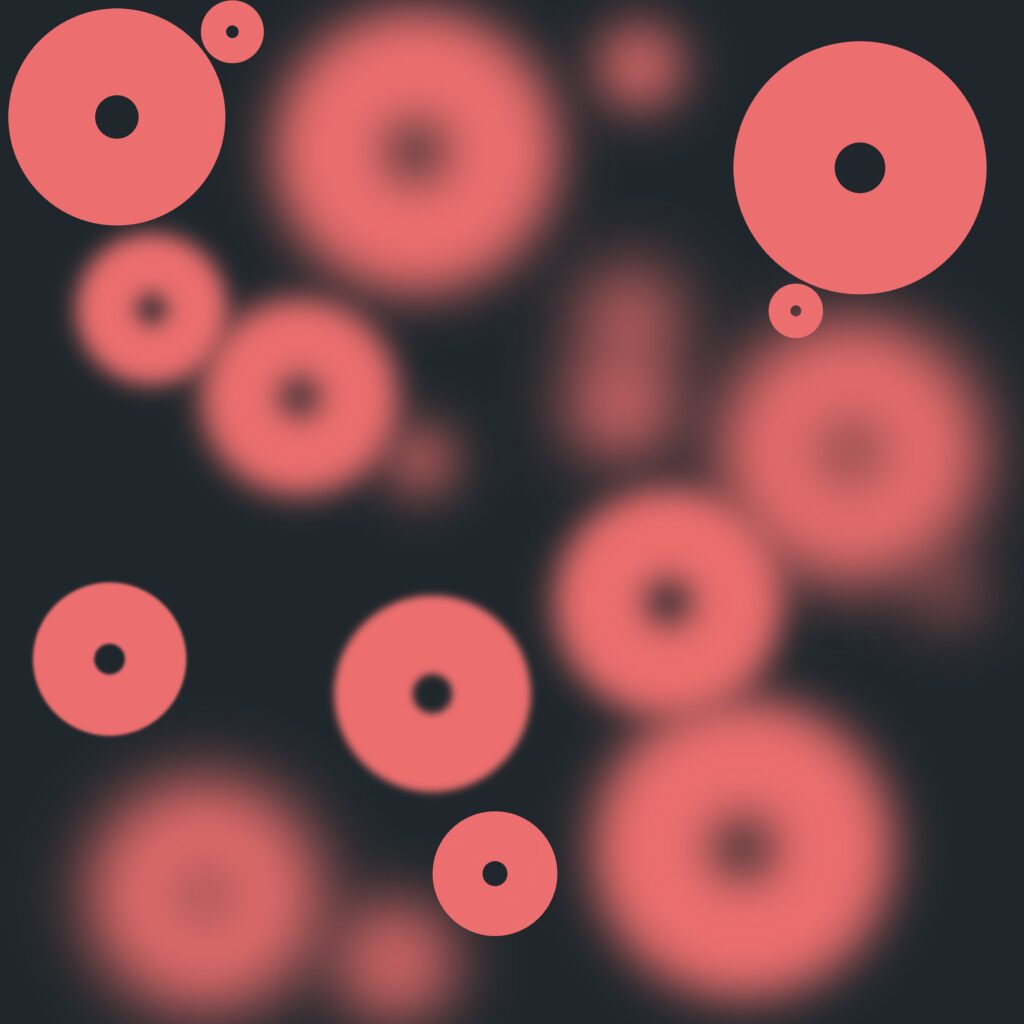
Wednesday, February 18, 2026
Interview with EHA’s European Affairs Committee Member, Isabelle Durand-Zaleski
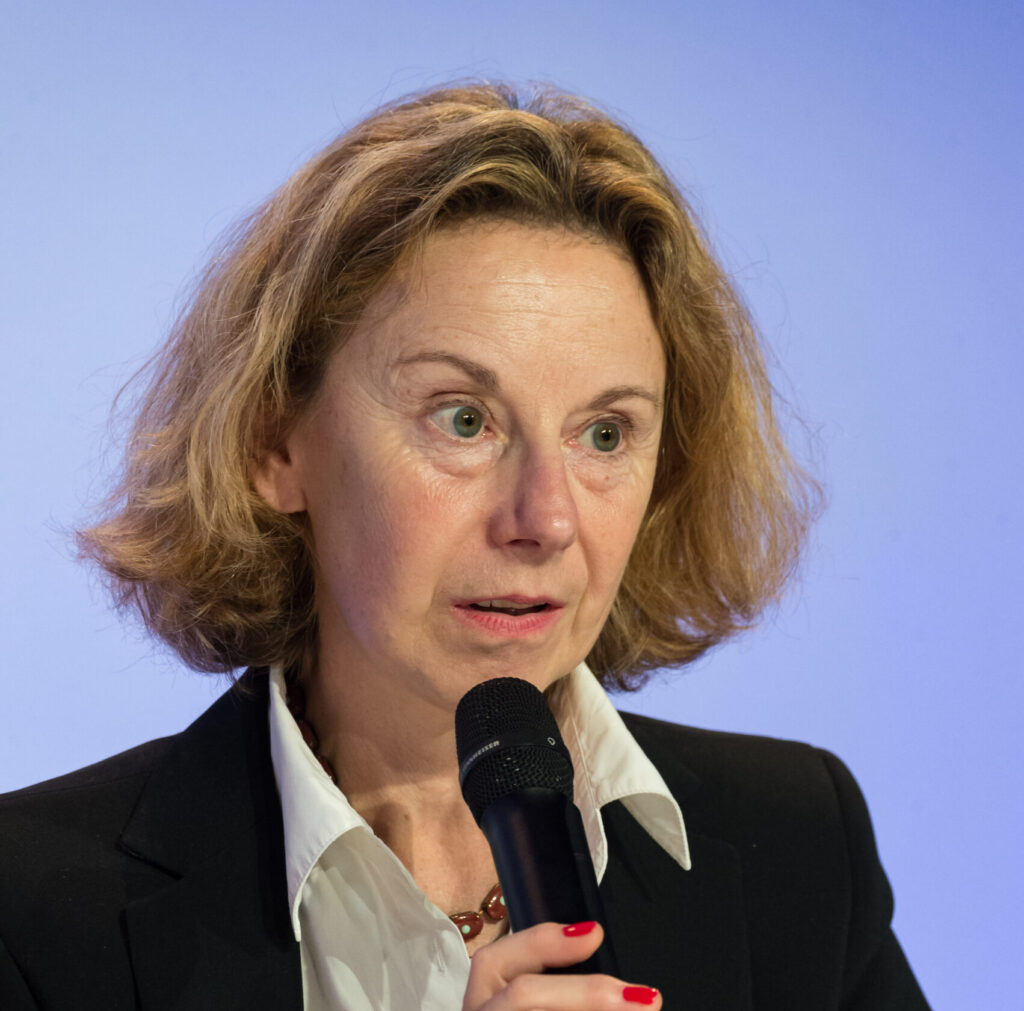
Tuesday, February 10, 2026
EHA advances stakeholder dialogue to support the future of hematology
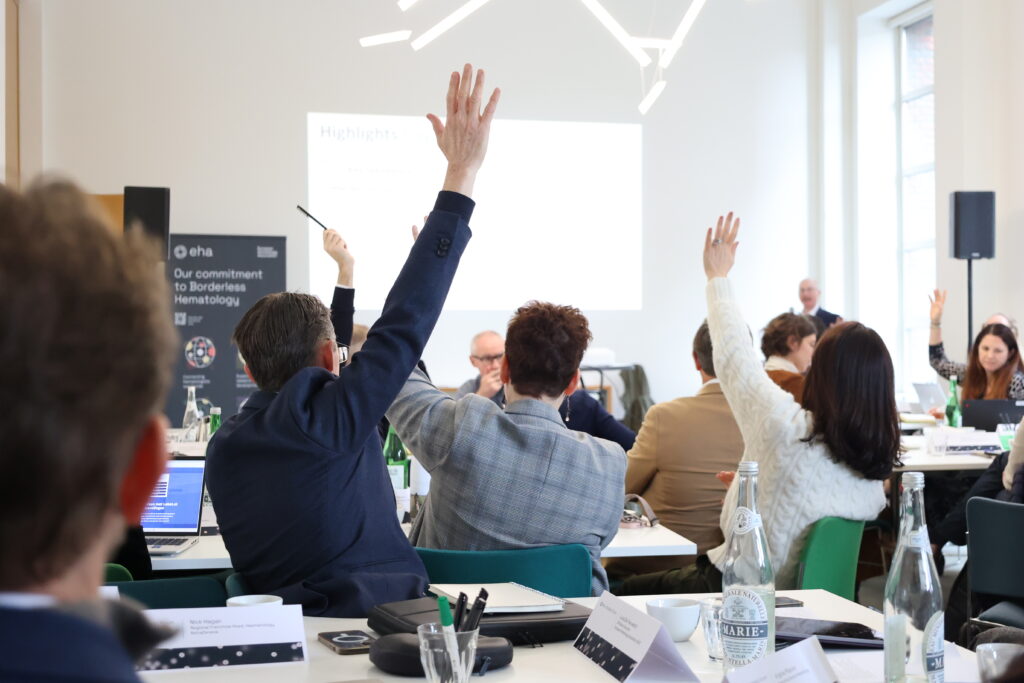
Monday, January 12, 2026
Interview with EHA’s European Affairs Committee Chair, Elizabeth Macintyre
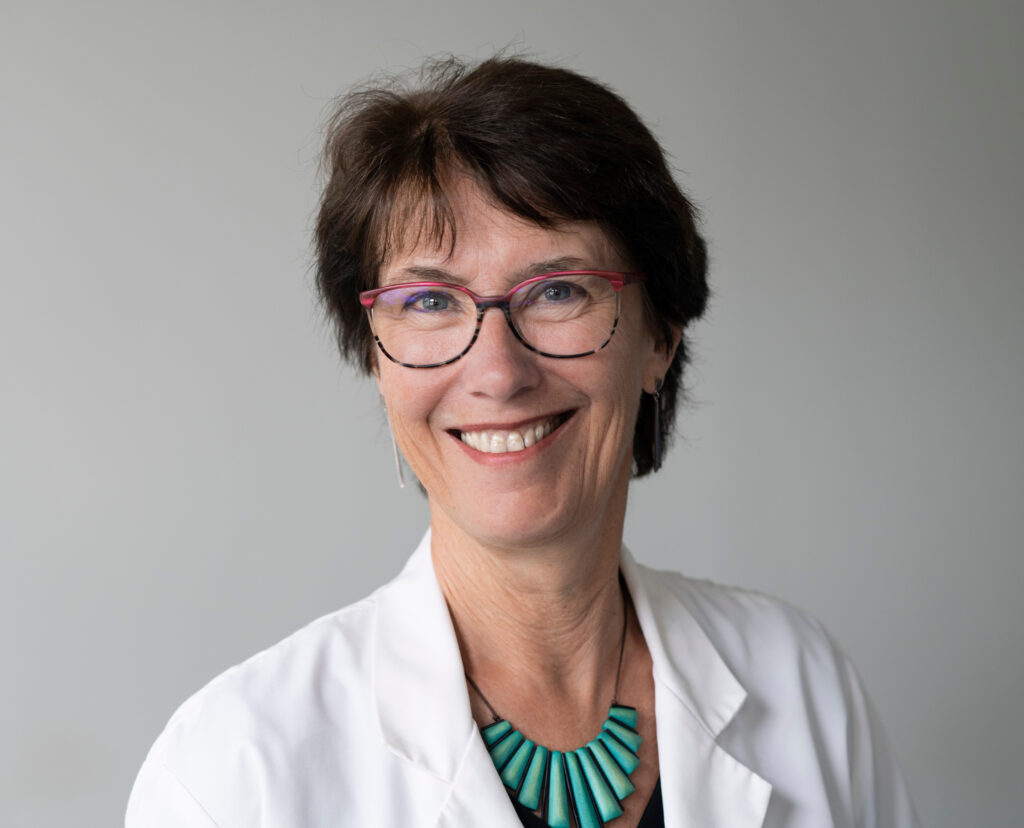
Wednesday, November 26, 2025
EHA’s president-elect speaks at the European Cancer Summit
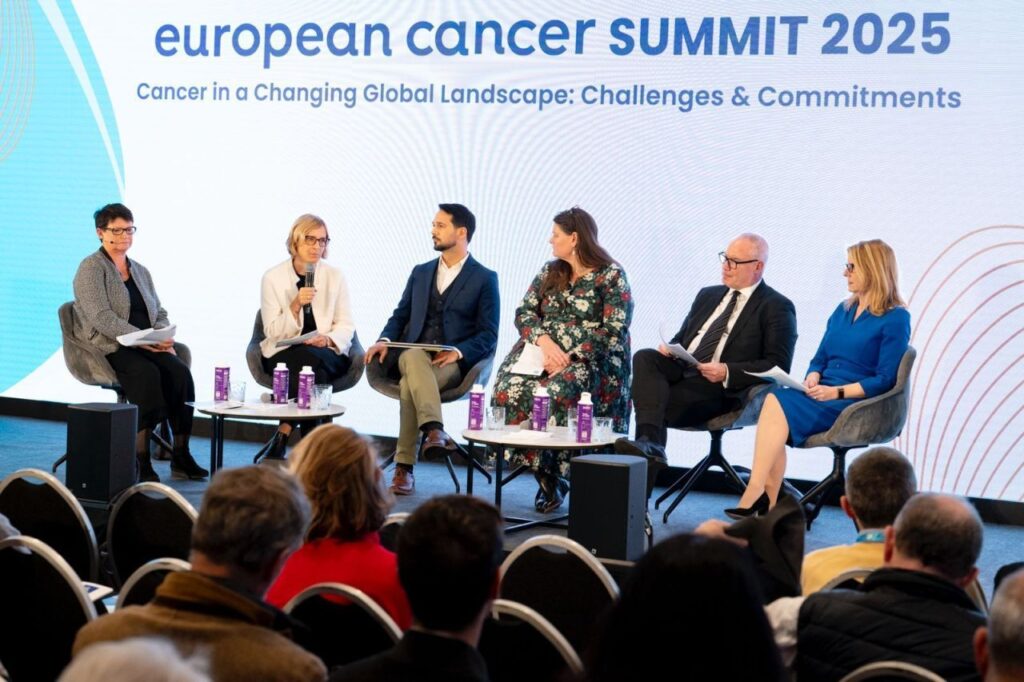
Tuesday, November 25, 2025
EHA Accelerates Growth and Charts Its Path to 2030

Thursday, October 9, 2025
EHA Launches Clinical Guidelines on Multiple Myeloma and Large B-Cell Lymphoma
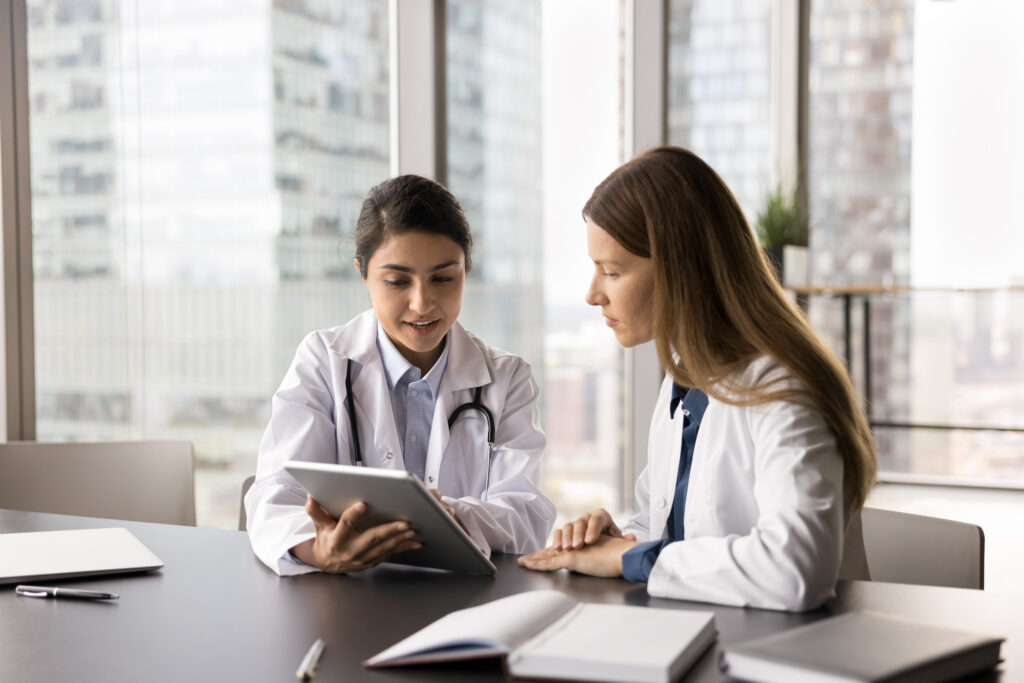
Monday, September 29, 2025
EHA-led Coalition for Reducing Bureaucracy in Clinical Trials publishes new recommendations
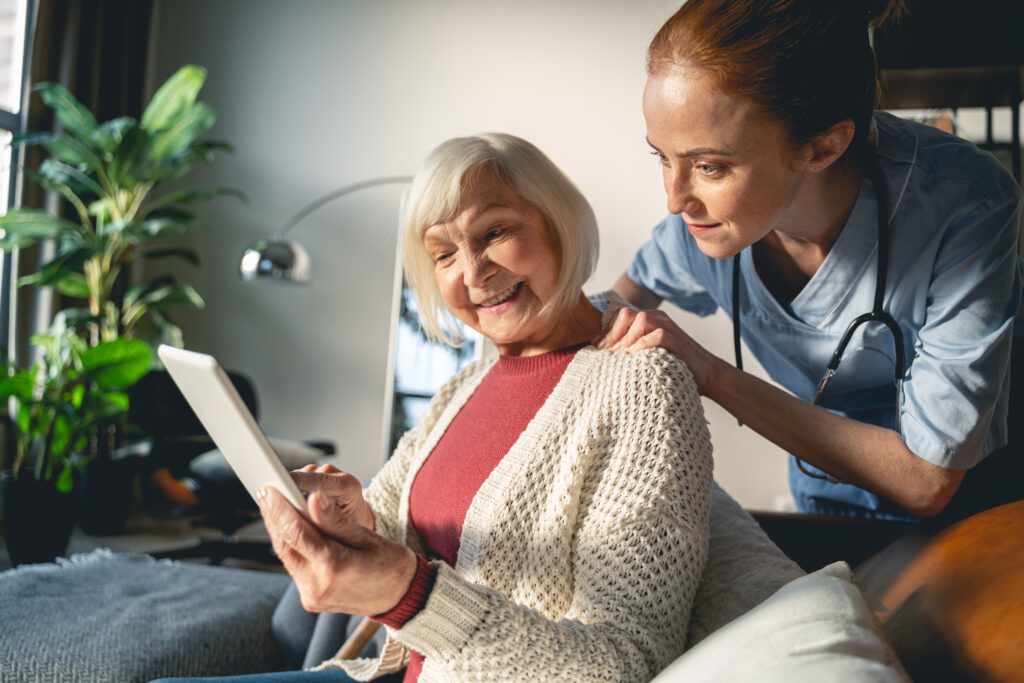
Wednesday, September 24, 2025
The European Hematology Association (EHA) announces an invitation to tender for professional conference organizer services for its annual congress
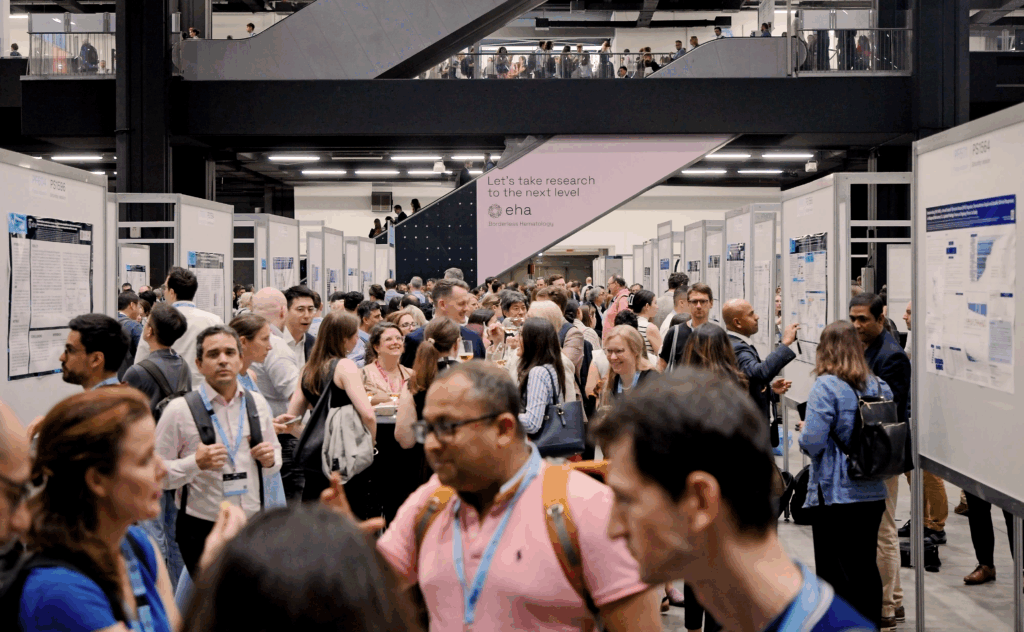
Monday, September 22, 2025
New EU legislation revolutionizes healthcare data access
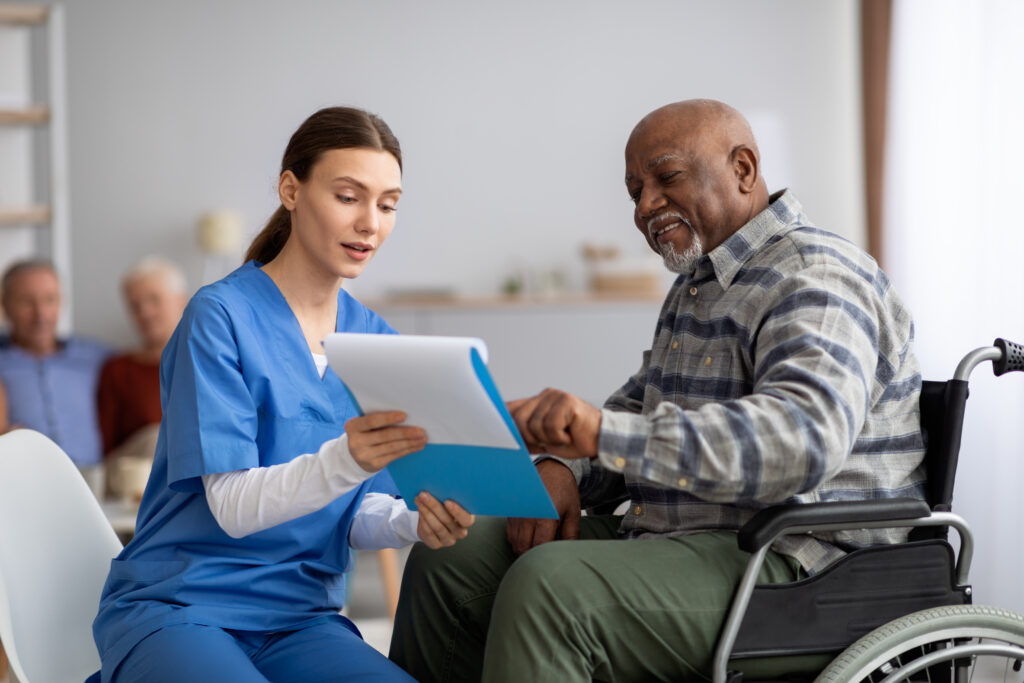
Monday, September 1, 2025
New BioMed Alliance statement on the EU pharmaceutical reform co-written by EHA
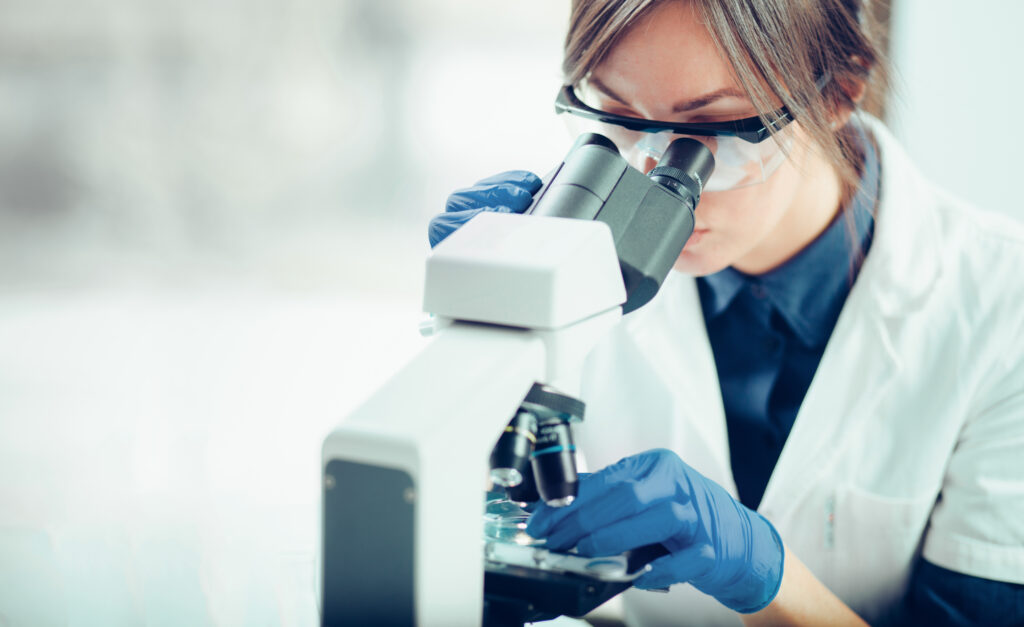
Thursday, July 31, 2025
EHA seeks experts to join its Focus Group on Health Data and AI
